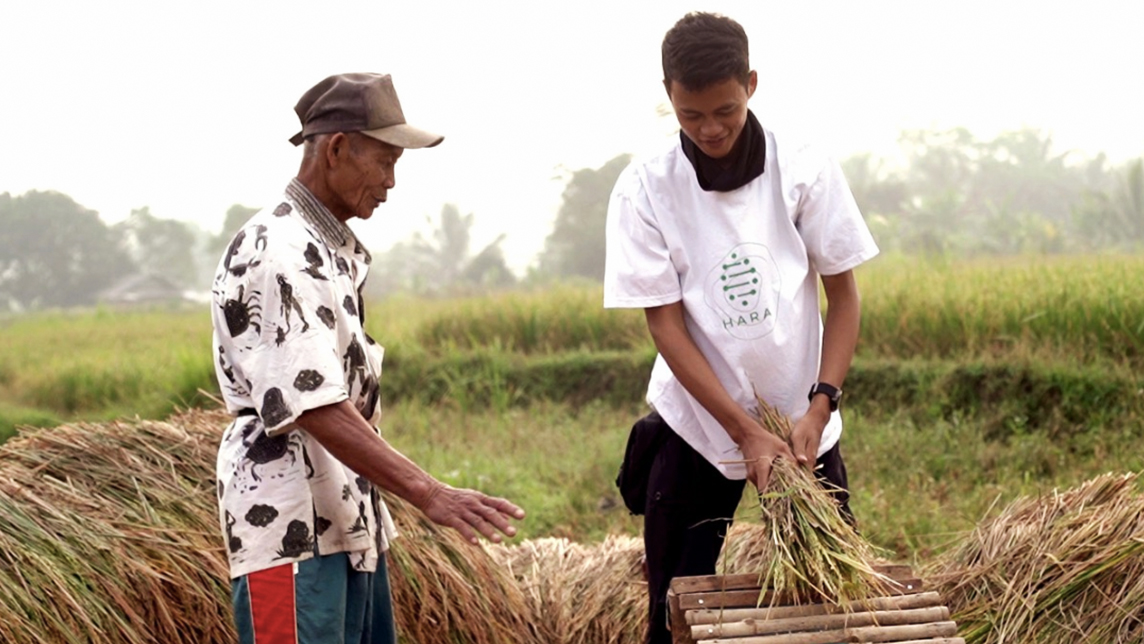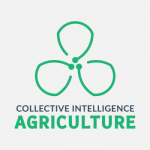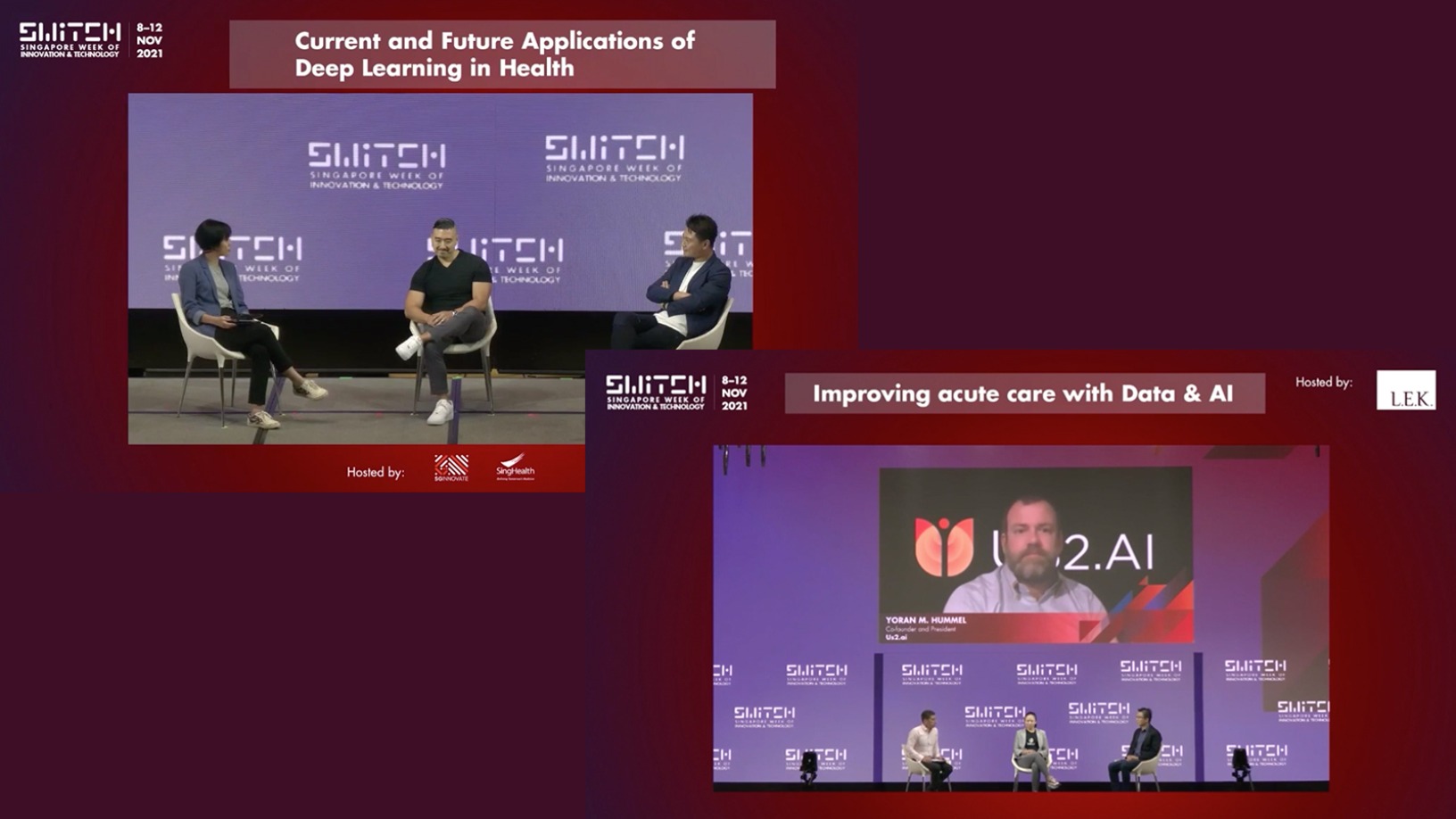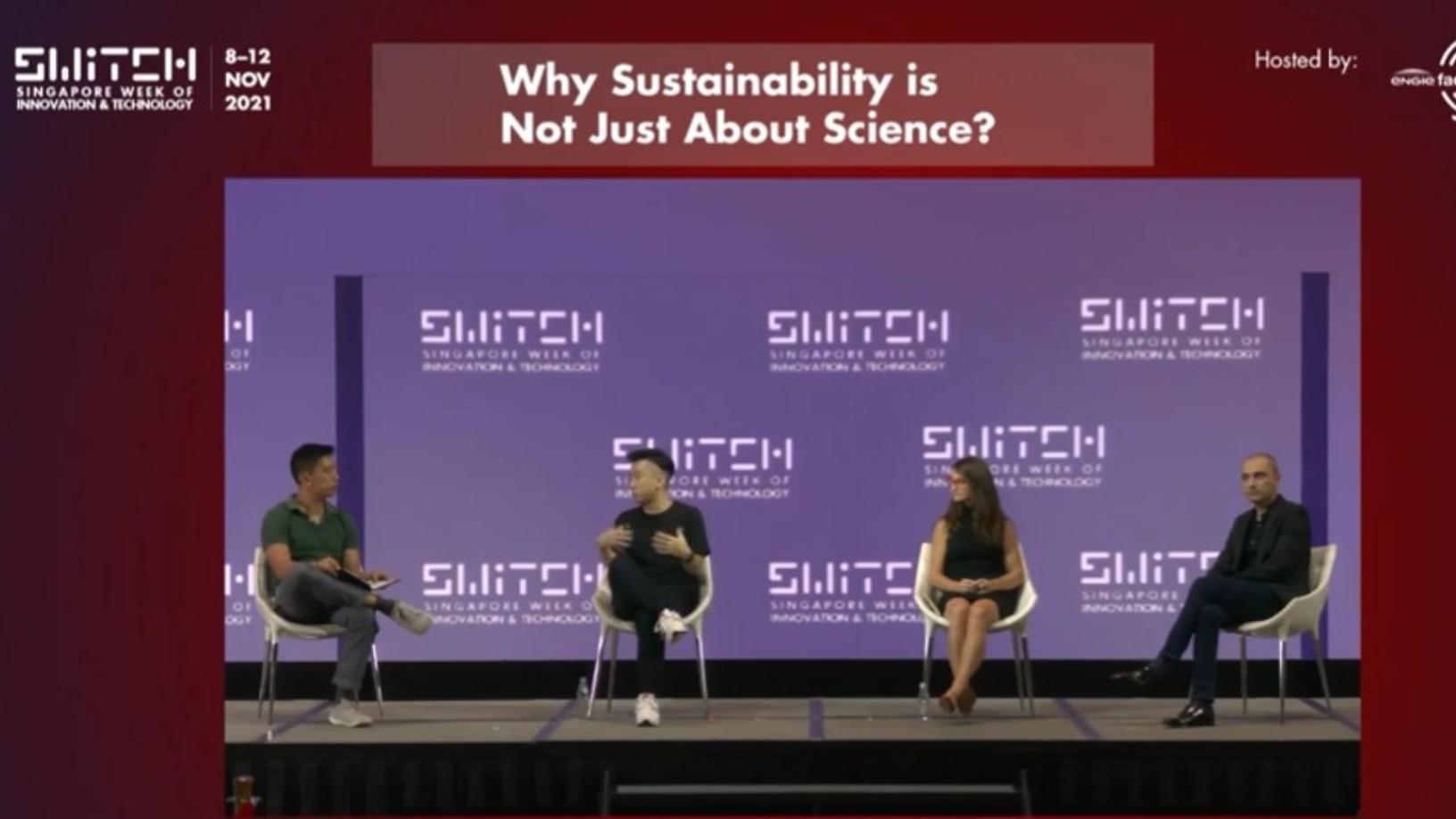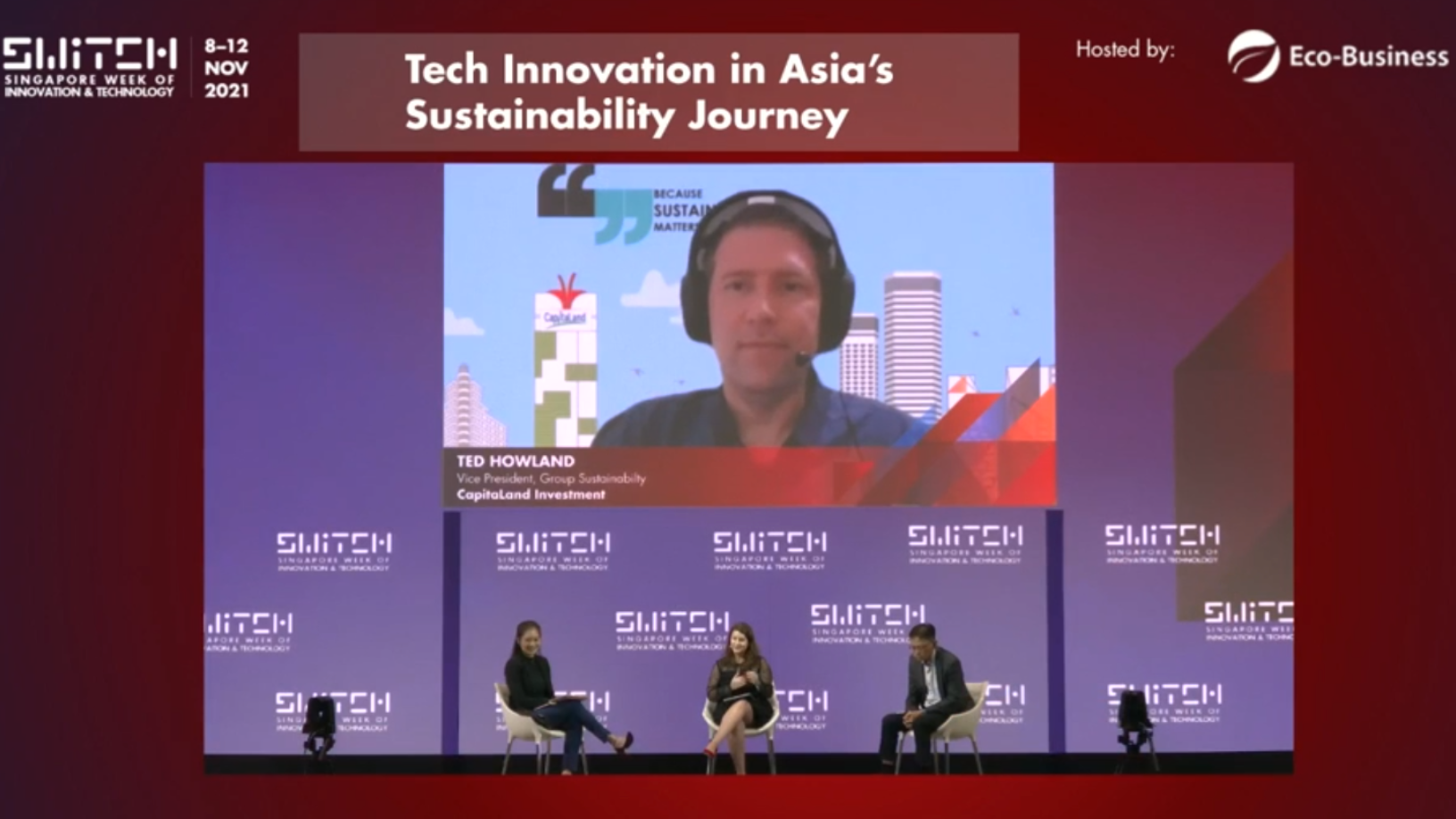Despite the caution arising from inefficiencies and scams related to blockchain, entrepreneurs and corporations are increasingly turning to the technology for new, creative solutions to old problems. Banks are testing blockchain to facilitate fund transfers, for example, while other companies are using it to track the movement of goods or changes in data; in some respects, the hype for blockchain is well-earned.
Recent adopters of blockchain technology, Indonesian companies are nonetheless developing interesting applications for it. One example is HARA, which is using blockchain to build a network for agricultural data exchange, scheduled for release in the first quarter of 2019.
Data for new insights
HARA was created by CI-Agriculture, an offshoot of Indonesian data science firm Dattabot. Originally, HARA was conceived as a data collection and processing platform for agriculture. Using a combination of internet-connected devices, drone and satellite imagery, farmers can gain unprecedented insights on their farming processes and receive insights on ways to improve yields.
Aside from providing direct benefits to farmers, HARA’s developers also envisioned ways other organizations could use the data. For example, financial institutions can use farming data as a credit scoring measure or to develop crop insurance policies.
(For more about how data collection and analytics is helping Indonesian farmers and more, download the free Indonesia Agritech Report 2020 by CompassList)
The blockchain pivot
The same vision is preserved in the new incarnation of HARA. Farmers provide raw data from their fields and farming activities, while other agricultural stakeholders such as banks and agriculture technology (agritech) firms can purchase the data for their own needs. Farmers are compensated with insights to their own activities, suggestions for improving yields, and under the new system, reward points which can be used to redeem essential farming and household goods.
Where does the blockchain come in, then? In the HARA ecosystem, an ethereum-based blockchain is used to store and transfer data between stakeholders. As with other blockchain databases, the data in the network is transparent, traceable and immutable. This means that the authenticity and integrity of documents and data uploaded into HARA can be largely guaranteed.
One application of this blockchain property, as envisioned by HARA, is using land certificates as loan collateral. Recent government initiatives have allowed farmers to obtain land certificates for their land, which improves their ability to secure loans. Farmers who upload land certificates to the HARA blockchain can apply for loans from financial institutions in the ecosystem.
HARA tokens
As with many other blockchain applications, transactions and compensation on the platform are facilitated using tokens, known as HARA Tokens, which are used to buy data on the platform. Token holders contribute by becoming "data qualifiers," confirming the veracity of the data and predicting the value of datasets on the HARA ecosystem by staking tokens. Their stake contributes to the dataset’s rating, indicating that people believe the dataset is valid and valuable.
This, in turn, changes the token value of the dataset. When the dataset is sold, token holders who have put a stake on the data receive a share of the proceeds. HARA’s white paper states that potential buyers can also stake a claim on the data with their own tokens, giving themselves a discount and contributing to the dataset’s rating.
Challenges ahead
As with any venture based on the blockchain, the value of the HARA ecosystem relies on its participants, building a level of uncertainty into the system. HARA must be able to attract agritech firms, financial institutions, data science firms and all the other stakeholders in the ecosystem. Without their participation in the data marketplace, HARA will not be able to deliver any value to token-holders and participating farmers.
In addition, data on the HARA ecosystem is given value by users who put their stake on datasets. If the users lack the knowledge to put their stake on data that is actually valuable, they may make suboptimal staking decisions and inflate the value of datasets. This could impact the quality of datasets uploaded into the system. Some token-holders may also decide to not vote at all, preferring to free-ride on the fluctuation of HARA Token’s value for their own trading activities.
According to a new explainer video from HARA, token-holders who are in contact with data providers will be tasked with confirming the veracity of data in the blockchain by answering simple questions. As a reward for answering the questions and keeping the ecosystem healthy, they will be given additional tokens. According to HARA, this data qualification mechanism is still in development.
Despite the challenges, the HARA ecosystem looks set to be one of Indonesia’s most interesting blockchain ventures. The potential to harness data that have gone unrecorded and unprocessed for so long is an attractive prospect, even more so if the data can directly benefit farmers and agricultural businesses. For now, though, the sector awaits the initial token sale and for HARA to bring relevant stakeholders onboard.
Like HARA, a number of other Indonesian startups are tapping technology to improve farmers' productivity and livelihoods. To find out how these agritech startups are giving Indonesia's farming sector a new lease of life, download the free Indonesia Agritech Report 2020 by CompassList now.
